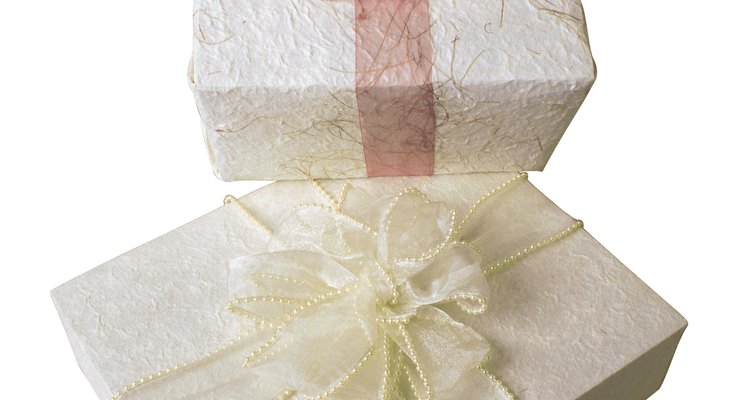
Yuino” is the traditional Japanese engagement ceremony. In the days when arranged marriages were much more common in Japan than they are today, the two families of the betrothed would seal the engagement with a series of feasts and an elaborate gift exchange of highly symbolic presents. Today, arranged marriages are not as common in Japan, but some couples still choose to celebrate the traditional “yuino” ceremony with their families exchanging gifts after the man has proposed.
Origin
The Japanese tradition of yuino or yui-no dates back to the days when marriages were arranged through a friend who played matchmaker between two families. The groom’s family would send gifts to the bride’s family via a third-party mediator. A member of the groom’s family would visit the bride’s family to ensure that the engagement was accepted, and the bride’s family would treat him to a feast. Then, he would return to the groom’s family to announce the acceptance of the gifts and would be treated to another feast.
Today
Today, yuino ceremonies are streamlined and involve the both the bride and groom. The couple’s families attend, and they exchange gifts wrapped in rice paper. While in previous years this custom was very formal, today’s yuino engagement ceremonies are much more casual. They can take place at any location and don’t require a mediator.
Ceremony
The yuino ceremony itself does require proper etiquette. It’s customary for the groom and his parents to have access to the ceremonial room before the ceremony starts. There, they can arrange the gifts. Then, the bride and her family will enter the room, and a toast will be made. Afterward, the couple and their families exchange the traditional gifts.
Gifts
The main component of the Japanese engagement custom of yuino is the exchange of symbolic gifts. The gifts are typically as follows:
Kinpou is gift money. Hakama is the skirt given to the groom, representing fidelity. Naganoshi is a clam shell, representing longevity. Shiraga is a white thread of hemp, representing the wish that the coulple should grow old and gray together. Konbu is dried kelp, representing healthy children. Surume is dried cuttlefish, representing the wish for a long marriage. Suehiro is a fan, representing a happy future. Katsuo-bushi is dried bonito, meaning virility. Yanagi-daru is a cash gift used to buy sake.
Related Articles
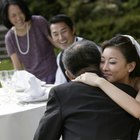
Vietnamese Proposal Traditions

How to Use a Veil & Cord in a Wedding
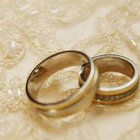
Ethiopian Cultural Weddings
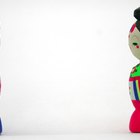
Traditional Korean Wedding Gifts

Traditional Chinese Wedding Gifts

Gifts for an Indian Engagement
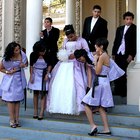
Mexican Quinceanera Traditions

Muslim Wedding Etiquette

Traditional Indian Gifts for Babies

What Is the Godparents' Responsibility ...

The Purpose of Christening
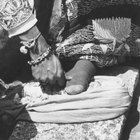
Ideas for an Indian Wedding Anniversary

Italian Wedding Customs & Etiquette
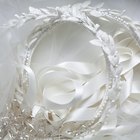
Traditional Duties of a Maid of Honor ...
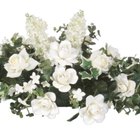
Romanian Orthodox Wedding Traditions

What is a Proper Gift for Italian ...

Do I Return the Gifts if the Marriage ...

Swedish Wedding Gifts

Symbolic Wedding Gifts

Importance of Family Structure in ...
References
Writer Bio
Nadria Tucker holds a Master of Arts in creative writing from the University of Alabama at Birmingham. She has contributed articles to "Birmingham Magazine" and "Lipstick Magazine" and her fiction has appeared in "THE2NDHAND," "New Southerner" and the fiction anthology "All Hands On: THE2NDHAND After 10."
Photo Credits
Comstock/Comstock/Getty Images